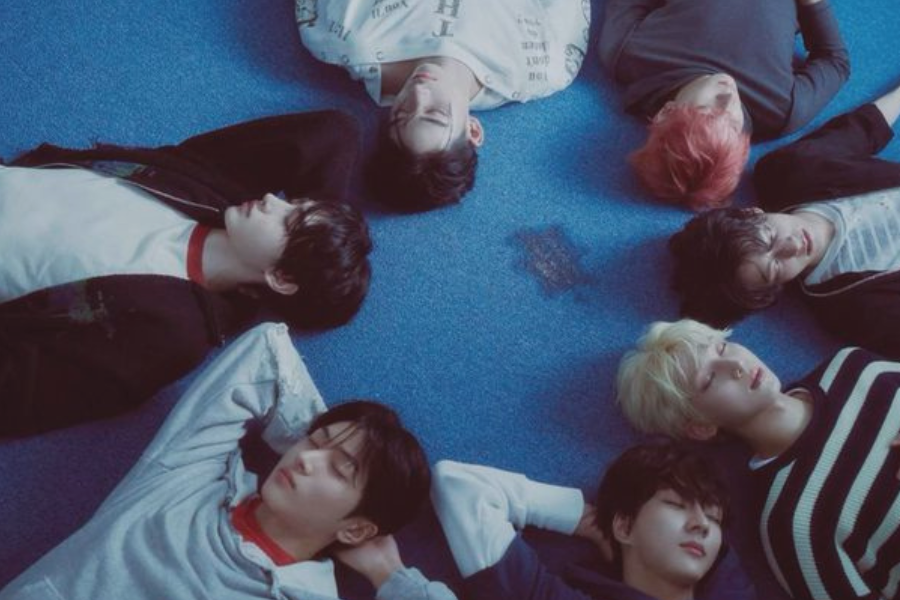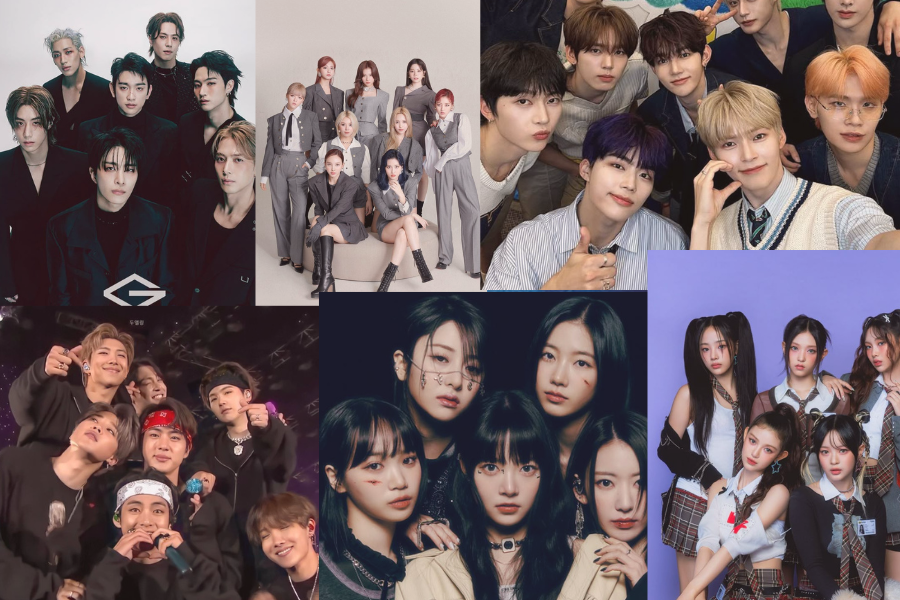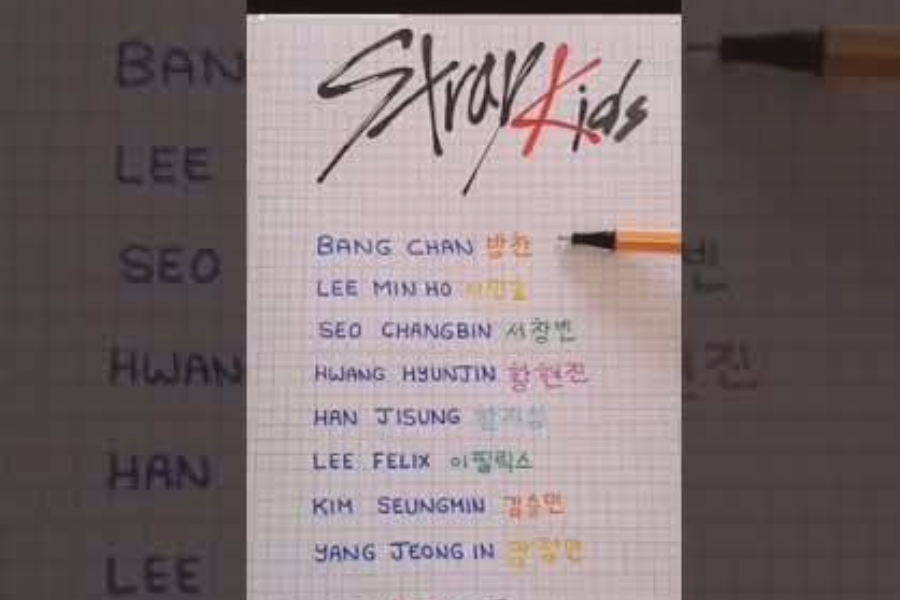The K-Pop Fandom Dictionary: Terms Every New Fan Should Know
- byT.Sapphire 💙
- 11 months ago
- 0 Comments
- 4mins

Entering the K-pop world is like stepping into an entirely different world on its own. A world with its own language, tradition, culture, and more. So it’s not surprising that as a new K-pop fan, you can be confused by terms like ‘bias,’ ‘stan’ and more, but don’t worry, you’re not alone!
Apparently, Kpop fans have developed a unique vocabulary to express their love for idols, groups, and music, and it’s something you just have to know as a K-pop fan (more like a subject on its own).
If you are a new K-pop fan just coming into this different universe, this guide will help you navigate the essential K-Pop terms you need to know.
Come with me.
Bias

A bias in K-pop is that member of a K-pop group you can virtually die for, they are the face of the group for you and you are a lover of that K-pop group because of them. So if you’re obsessed with Jungkook from BTS or Jennie from BLACKPINK, they’re your bias. However, let me give you a quick blooper. When you are finally established in your stanship, you experience bias wreckers, and those are members who can make you question your loyalty! That is when you start falling in love with other idols in your stan’s group.
Maknae

If you’ve heard the term ‘maknae’ in the K-pop world and you’ve been wondering what that is, let me start by telling you that every group has a maknae, and that is the youngest member of the group. Most times, maknaes are the most playful, mischievous, and adored by both their group mates and fans. Some famous maknaes include Lisa of BLACKPINK, I. N of Stray Kids, and Jungkook of BTS, who is even called the golden maknae for his all-rounder talents.
Comeback

A comeback, just like the name implies, happens when a group releases new music, whether it’s a single, mini-album, or full album. It’s a huge event in the fandom, filled with teaser photos, music videos, and intense streaming parties to break records. Fans eagerly anticipate every comeback, sometimes waiting months or even years!
Stan

To stan a group means to be a dedicated fan who supports them wholeheartedly. The term comes from the words “stalker” and “fan,” but in K-Pop, it’s not creepy, it’s just passionate. Some fans proudly call themselves multi-stans, meaning they support multiple groups instead of just one.
Sasaeng

Although not directly, you can place ‘stans’ and ‘Sasaeng’ side by side as opposites because while most fans (stans) are supportive and respectful, sasaengs are obsessive fans who invade idols’ privacy. These individuals go to extreme lengths, from stalking idols at airports to even breaking into their homes, hacking their socials, bullying other idols just to support their bias and other despicable things. The K-Pop industry and fandoms strongly condemn sasaeng behavior.
Lightstick

Every K-Pop group has an official lightstick, a glowing, custom-designed flashlight item used during concerts (the type Im Sol had in Lovely Runner). These aren’t just regular lights; they sync up with the music, creating breathtaking ocean-like effects in arenas. Some of the most famous lightsticks include BTS’s Army Bomb, BLACKPINK’s BI-Ping Bong, and EXO’s Eribong. Also, another exciting thing about the K-pop world and the use of lightsticks is that you could be streaming your group’s performance on a digital platform, but the use of lightstick will bring you the feelings of a real presence.
Fanchant

A fanchant is a synchronized chant that fans scream during performances to show their support. It usually includes members’ names, song lyrics, or iconic phrases. Learning the fan chant before a concert is practically a rite of passage for K-Pop fans! It is more than a chant because it’s a way for fans to bond with their favorite groups and bias.
Now that you have a mini K-pop world dictionary, these words will no longer sound strange to you, especially if you are a new Kpop fan. Also, whether you’re a new stan or a seasoned fan, the K-Pop world always has something exciting to offer. So, which term did you already know, and which one surprised you? Let me know in the comments!
Tags:
T.Sapphire 💙
T. sapphire is a writer who found her love for the Hallyu wave after watching the historical drama “Jumong.” She is mainly interested in Korean dramas and the history of Korea at large. Explore her pieces as she takes you on a journey through K-Drama recommendations and keeps you informed about the history of the Korean people.
Hamkkechats: Lois’ K-Drama Journey
0 Comment(s)
Related Posts
Daily Newsletter
Get all the top stories from Blogs to keep track.





Leave a comment